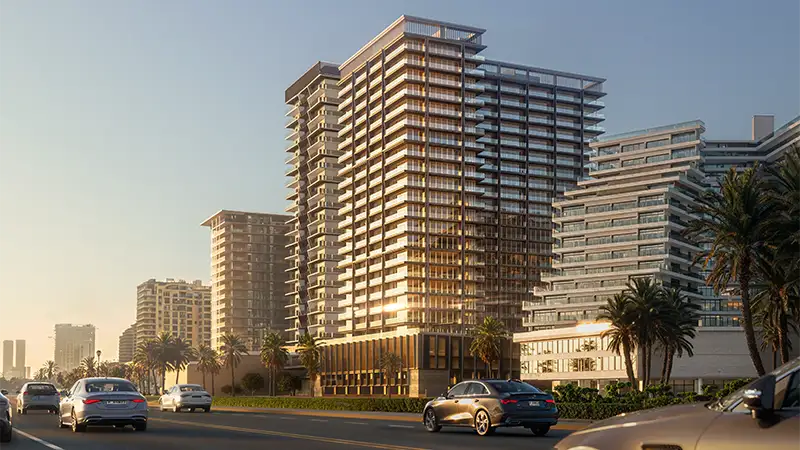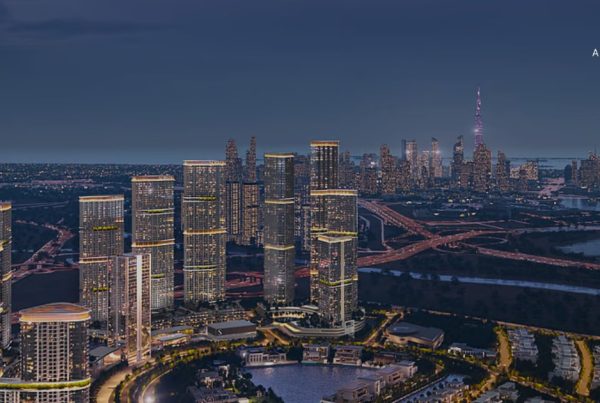Dubai Real Estate Tightens PoA Rules:
What Overseas Sellers Must Know in 2025
Dubai’s booming property market continues to draw global investors, but for non-resident property owners, a new legal update has introduced a critical change: effective immediately, all real estate sale proceeds must be made payable exclusively to the registered owner listed on the title deed. This change eliminates the longstanding practice of using Power of Attorney (PoA) arrangements to accept payments on behalf of property sellers.
This update is part of the emirate’s broader effort to enhance transaction transparency and investor protection in its dynamic property sector. It also comes amid strong performance in Dubai’s real estate market, which saw a surge in both off-plan and secondary market transactions in early 2025, driven largely by international buyers seeking high returns, political stability, and world-class infrastructure.
Key Change: Direct Payments to Title Holders Only
Previously, overseas-based investors often relied on PoAs—typically assigned to family members, friends, or professional managers—to handle the sale of properties. These PoAs were legally validated through Dubai courts and could facilitate payment collection via bank-issued cheques. However, under the new rule, this is no longer allowed.
According to Yash Trivedi, CEO of YOUAE Mortgages: “The practice of issuing cheques to PoA holders is now invalid. All sale proceeds must go to the property’s official owner as listed on the title deed.” This move ensures better control, accountability, and alignment with international compliance standards.
Dubai Courts Still Allow PoA—But With Limitations
The rule doesn’t eliminate the use of PoAs entirely. Sellers may still assign someone to act on their behalf through Dubai courts, even remotely via online platforms like Zoom. However, the payment must still be deposited into a UAE-based bank account held in the seller’s name. This adjustment encourages overseas owners to open and maintain local bank accounts to streamline property transactions.
Implications for Global Investors
The change primarily affects investors who live abroad and depend on representatives to handle Dubai-based transactions. With international buyers comprising a large portion of Dubai’s property activity, this regulatory update signals a continued drive toward best practices in global property governance.
Despite the stricter rules, the Dubai real estate market remains an attractive option for foreign investors. Property sales to non-residents have climbed steadily in 2025, building on strong momentum from previous years.
Key investment hubs such as Dubai Marina, Business Bay, and Dubai Hills Estate are experiencing increased demand. These areas are known for their premium amenities, strong rental yields, and robust appreciation potential.
Developer Response: Enhanced Support for Clients
Top developers in the emirate are already responding to the change. Damac, for instance, is bolstering its legal advisory support for overseas clients, ensuring they understand the new procedures. Tiger Properties is also providing streamlined services to assist investors with banking and documentation requirements. Meanwhile, Deyaar has updated its internal processes to align with the revised Dubai Land Department (DLD) protocols.
These companies are leveraging the opportunity to reassure global buyers that Dubai’s real estate environment remains one of the safest and most rewarding in the world.

Why Dubai Continues to Attract Global Wealth
The new PoA regulation is part of a larger framework of reforms aimed at strengthening investor confidence. With benefits like zero capital gains tax, residency visa programs, and a secure legal environment, Dubai continues to offer compelling advantages for real estate investors.
According to the Dubai Land Department, foreign nationals accounted for over 60% of property transactions in 2024, a trend that has continued into 2025. As Dubai cements its position as a global real estate hub, regulatory enhancements like the PoA adjustment are seen as proactive measures to improve governance and investor confidence.
For overseas investors looking to sell their properties, it is now essential to have a UAE bank account and ensure all documentation aligns with the name on the title deed. Engaging with developers and real estate consultants who understand the latest regulations is also recommended.
Conclusion
The Dubai property market remains a vibrant, secure, and globally competitive investment destination. While the new PoA regulation may require some procedural adjustments for overseas sellers, it ultimately strengthens the integrity of the real estate sector and positions Dubai as a global benchmark for investor protection and transactional transparency.
Whether you’re an owner in Business Bay, holding luxury assets in Dubai Marina, or expanding your portfolio in Dubai Hills Estate, working with experienced developers such as Damac, Tiger Properties, or Deyaar ensures you’re on the right path to property success in 2025 and beyond.











